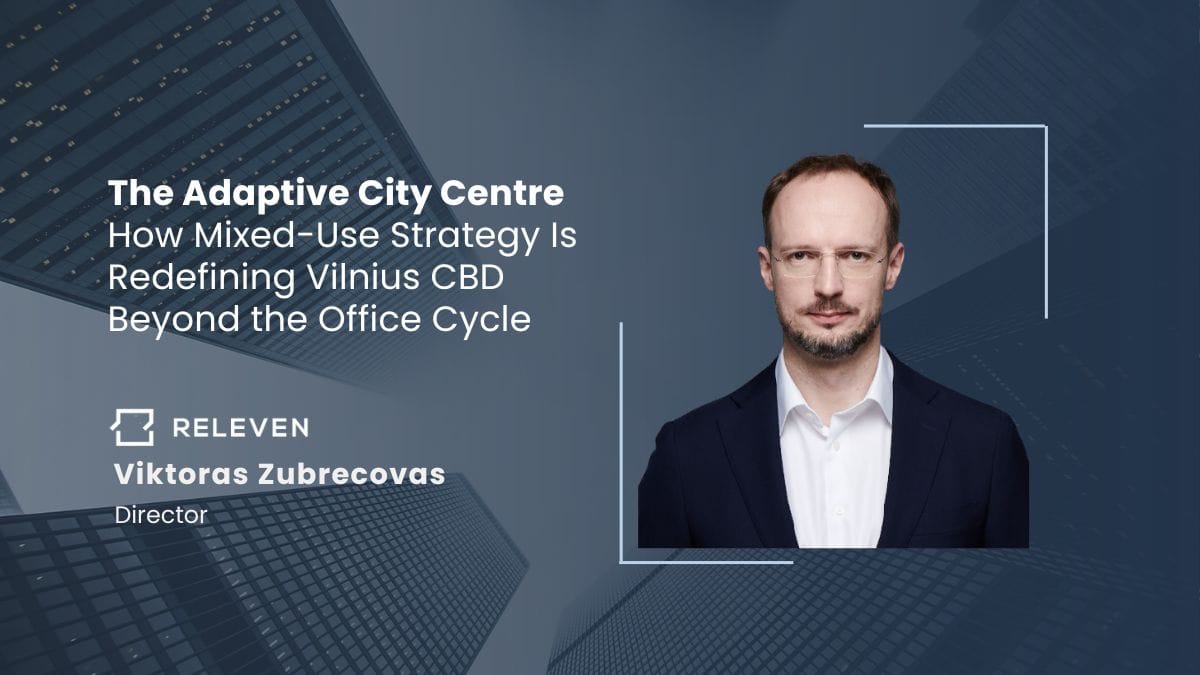In our main Playbook article — Real Estate Tokenization & Smart Contracts: How Regulations Like MiCA Are Shaping the Future of Property Investment — we explored how blockchain, smart contracts and MiCA regulations are transforming property markets.
In the Market Watch, we looked at hard numbers: market growth, adoption rates, and institutional interest.
But statistics and research are only part of the story. Here we share real community voices, and invite you to add your own.
Those who believe tokenization is the future.
Supporters argue that tokenized real estate lowers barriers to entry and brings liquidity to a market that has been locked for too long. They see fractional ownership, smart contracts, and MiCA regulations as tools that make property investment more transparent and accessible — especially for younger investors and those without millions in capital. For this group, tokenization is not just innovation; it’s a necessary step to democratise global real estate.
Those who doubt tokenization’s real-world value.
Critics emphasise that legal enforcement, custody, and liquidity remain unresolved. They argue that ownership of a token does not necessarily mean ownership of a house, since governments, not blockchains, control property rights. Many also point out that most tokenization projects lack scale or end up centralised, making them no better than existing systems. For this reason, they believe tokenized property is still niche, unproven, and potentially risky for mainstream investors.
Optimists: Unlocking Real Estate Through Tokenization
- Dull_Technology5187 (Investor)
There are some big players working on fractional land investing, and it feels like this could be a huge unlock, especially with how broken land access is in most countries. - RealT real estate user (Investor)
RealT real estate offers tokenized fractional real estate, which gives a weekly rent payout with a decent APY. And you can put those tokens up for collateral and borrow against them. - UpsideTokenGuy (Investor)
It’s been spoken around for a number of years and I actually work for a blockchain business that tokenizes real estate. … Tokenization allows for fractionalization on the blockchain. This opens up real estate investment to a wider audience, even those with limited capital. - NestorKirchneer (Entrepreneur)
The idea is simple: tokenize or symbolically divide a property into small, equal parts. A person could purchase one of these parts of the property, which would grant them rights to receive dividends from the income generated by the property’s exploitation. - Lofty & platform users (User)
Not exactly land but residential and vacation homes. I highly recommend lofty.ai it has a lot of locations and the UX works great.
One night, I discovered a platform based in the U.S. offering shares in rental properties through tokens. Skeptical but curious, I invested $50
Sceptics: Risks and Limits of Tokenization
- Background-Pop-9059 (Investor, Entrepreneur)
Sounds great in theory. Easier barrier to entry and more importantly an easier exit. I looked at a few companies a few years ago (I think they tanked) and my main sticking points were around risk, the properties they tokenized, and the maturity of the tech. The companies were tech focused (obv) and didn’t have much information on how the properties were going to be managed or how disputes/claims would be handled. That’s concerning as a real estate investor. … Lastly, the whole point of tokenization is to decentralize something. The problem is that the companies who offer this service end up being just as centralized as the legacy systems that tokenization was supposed to solve. - bsc_rug_pulls (Trader)
It remains mostly hypothetical, and probably will continue to be so. Most every suggested use case offers no tangible benefit over a centralized database. Custody also seems like a mess. Like, do I really ‘own’ that slice of a warehouse in Arizona if the issuer goes under? … Because most of what I’ve seen is either gated to accredited investors or has so little liquidity it’s basically just a static NFT, no interest in those. - User Scared-Ad-5173 (Investor)
As far as I can tell, tokenizing real world assets and putting them on the blockchain is near useless. Blockchain is useful in that it can enforce its rules in a decentralized way. If you tokenize a house and you put that asset on a blockchain and then you transfer that to someone. Can the blockchain enforce who owns the house in the real world? The answer is no, governments do that and they’re not a part of the blockchain. So until governments start enforcing things based on data in a blockchain this stuff is not investable and complete vaporware. - MyMoneyThrow (Long-time Investor)
It’s a fundamentally stupid idea. It’s got literally zero upside to anyone except scammers and thieves. Why anyone would think a system like this is desirable is beyond me. - User (Critic)
There have been perhaps hundreds or even thousands of attempts to tokenize real estate, yet none of these projects has taken off. So I thought to put down my thoughts on this subject since I know how many people are interested in this. Yes, there are a few examples of semi-success with tokenisation like Lofty or Realt but the success is nowhere near where their ambition was when they started.
We’ve heard different opinions; now it’s your turn.
Do you believe tokenized real estate will become mainstream, or is it just hype?Add your voice to the conversation below.























Discussion